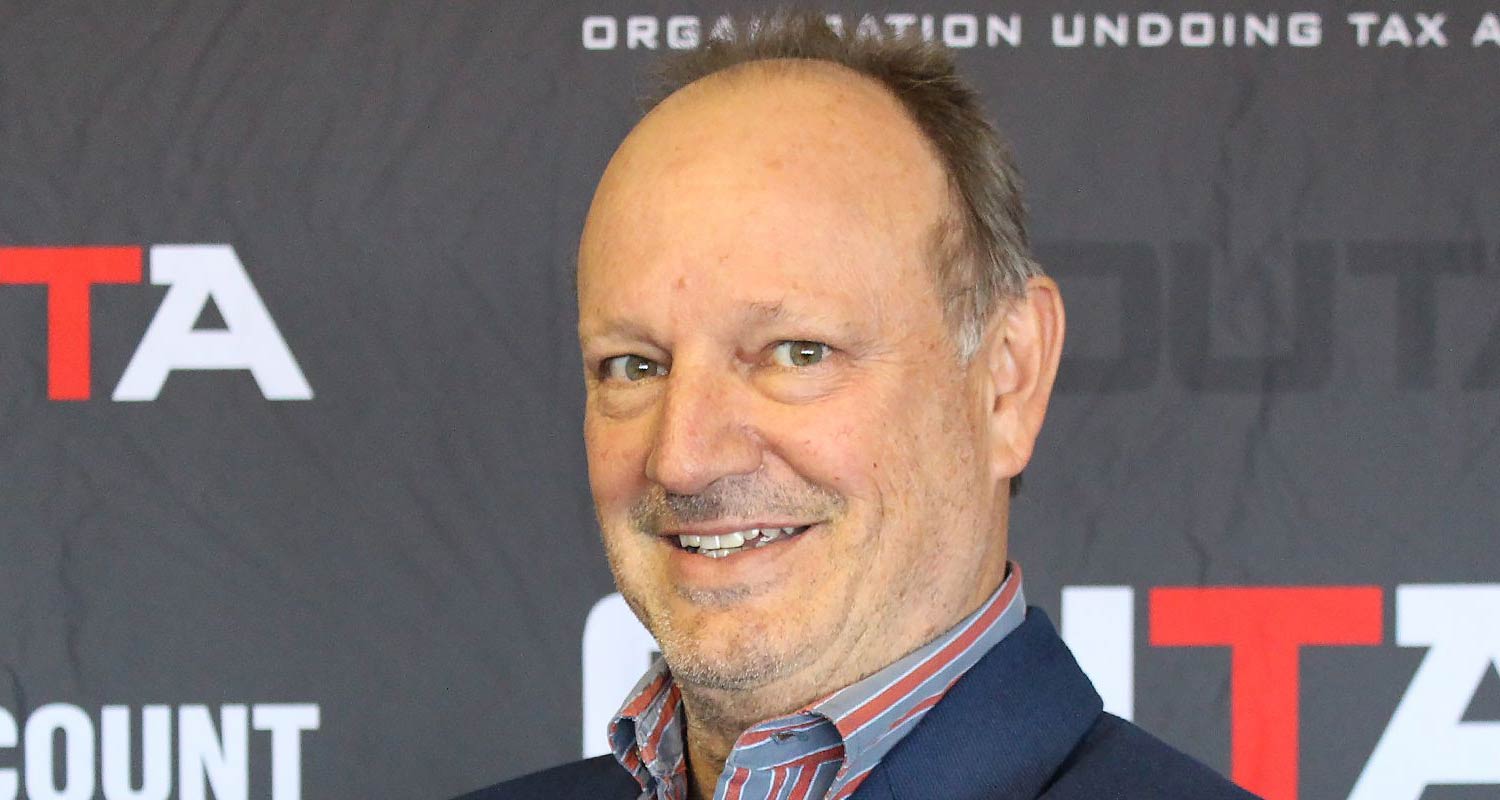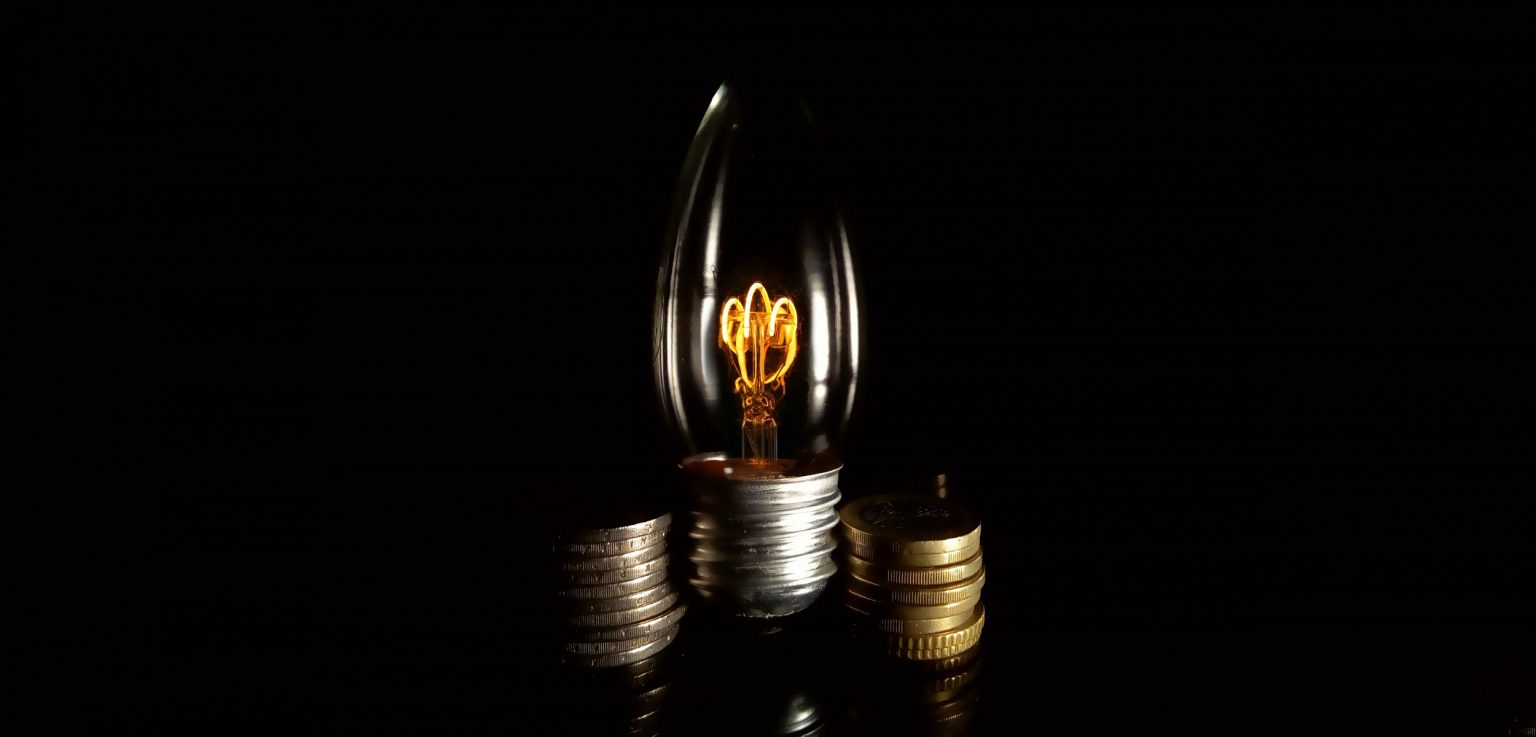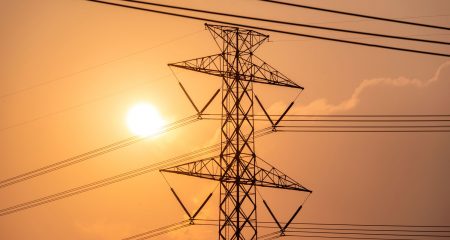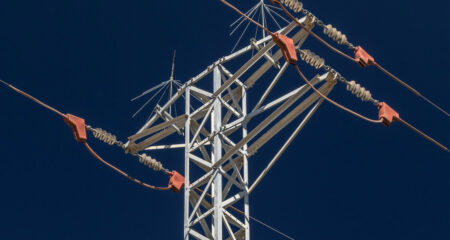It’s something of a relief that the Eskom electricity price increases approved by energy regulator Nersa are not as high as initially feared. However, the increase of 12.74% from 1 April 2025 (followed by 5.36% in 2026 and 6.19% in 2027) comes on the back of grossly inflated electricity hikes over the past 15 years, which has made the price of electricity out of touch with the economic realities of South Africans.
While we expected Nersa to keep to the past traditional minimal reductions and approve an even higher increase, the reality is that this hike is still far too much for consumers and businesses already struggling to keep the lights on.
Read: Eskom prices to rise by four times latest CPI figure
Nersa’s approval means that the average standard tariff for Eskom customers will rise from 195.95c/kWh to 220.92c/kWh on 1 April, an increase of 12.74%. By 2027, this figure will further escalate to 247.16c/kWh. Since April 2020, the average price of electricity has doubled from 110.93c/kWh, placing a massive burden on already stretched consumers and businesses.
This is the average standard tariff. Eskom has also submitted its retail tariff plan to Nersa, which details the different tariffs, and is required to ensure that Eskom’s overall revenue does not exceed the amount approved by the regulator. Many tariffs will thus be higher than that average. The price which Eskom will charge municipalities for bulk supply is in that tariff plan, so must still be set, and the municipalities must then set their own tariffs – also to be approved by Nersa – to implement from July.
For the average household, this means significantly higher monthly electricity bills, placing further strain on struggling consumers. These hikes far outstrip inflation and come at a time when the country is grappling with economic hardship.
Nersa should have been far more forceful in applying the brakes to Eskom’s price hikes over the past 15 years, but instead failed to hold the company to account for its runaway costs and controllable expenses, which gave rise to around 500% in increases since 2008. Doing so now to some extent is thus somewhat welcomed, but this doesn’t undo the damage that Nersa has allowed to take place for too long.
Unintended consequences
On the eve of the tariff decision, the Auditor-General South Africa (AGSA) warned that tariff increases alone will not improve Eskom’s financial viability unless they are accompanied by dramatic improvements in revenue management and controls. The AGSA also raised concerns about the unintended consequences of these hikes, including an increase in municipal debt and illegal connections due to affordability constraints.
The AGSA report identified serious governance failures at Eskom, including:
- Material misstatements in Eskom’s financial statements;
- Ghost vending and fraudulent prepaid electricity tokens generated at scale by Eskom employees with privileged access;
- Breakdown of controls in Eskom’s business processes;
- Distribution losses of 13.9TWh in 2023/2024 due to electricity theft; and
- Massive bad debts, non-technical losses and illegal connections.
Eskom itself has admitted that 1.8 million prepayment meters are vending electricity without payment. If each of these meters consumes 500kWh/month at an average price of R2.50/kWh, Eskom is losing approximately R27-billion/year.

Nersa must explain whether it took these alarming findings into account when approving yet another price hike. Why should South Africans keep paying more when billions are being lost to fraud and theft and the management of Eskom, which has known what was happening with these ghost vending losses for years and did nothing to halt the practice until recently?
Eskom must cut costs instead of raising prices
Eskom and Nersa should focus on real solutions to reduce the cost of electricity, rather than continuously increasing tariffs to compensate for inefficiencies. Eskom’s financial woes are driven by:
- Excessive primary energy costs: Poor procurement practices and outdated infrastructure continue to drive up the cost of coal and diesel.
- Overstaffing and inefficiencies: Despite Eskom being overstaffed compared to international benchmarks, effective workforce optimisation has not been implemented.
- Municipal debt crisis: Unpaid municipal debt is expected to reach R110-billion in 2025, yet Eskom continues to plan to recover losses through tariff increases instead of enforcing accountability. Nersa’s decision to cut the cost of arrear debt out of the price increase is welcome. Eskom and national government must find solutions to this crucial problem.
- Corruption and mismanagement: Infrastructure theft, procurement irregularities and excessive operational costs persist, further escalating electricity costs. This includes the massive losses due to ghost vending of prepaid electricity, carried out with the complicity of Eskom staff.
The government should be holding municipalities accountable for their unpaid debts instead of making law-abiding citizens and businesses foot the bill. Nersa’s job is to regulate in the interest of the public, yet year after year it continues to approve price hikes without addressing the underlying issues of Eskom’s financial mismanagement.
 South Africans cannot be expected to pay indefinitely for Eskom’s failures. Nersa and Eskom must shift their focus towards structural reforms, improved efficiencies and cost reductions to ensure that electricity is affordable for all.
South Africans cannot be expected to pay indefinitely for Eskom’s failures. Nersa and Eskom must shift their focus towards structural reforms, improved efficiencies and cost reductions to ensure that electricity is affordable for all.
The AGSA’s comments to the portfolio committee on electricity & energy this week bear repeating: “The audit outcomes showed that there is very little progress in implementing recommendations made by auditors over the years – to address the underlying root causes. The board has a responsibility to build an entity that is characterised by a culture of performance, accountability, transparency and institutional integrity, which will ultimately result in a sustainable delivery against the mandate.”
Get breaking news from TechCentral on WhatsApp. Sign up here.
- The author, Wayne Duvenage, is CEO at Outa, the Organisation Undoing Tax Abuse
Don’t miss:
Electricity prices in South Africa: a breaking point is near





